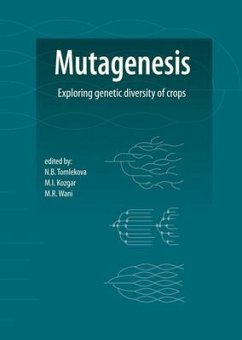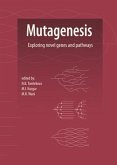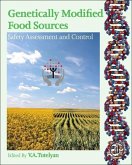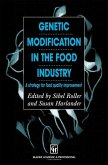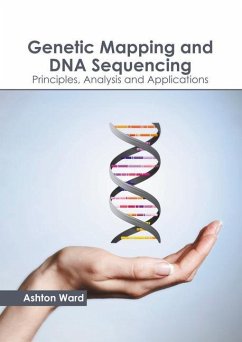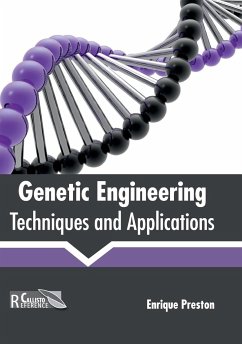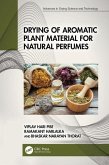In the present era various international organizations, such as FAO, UNO, IAEA, FNCA, etc., have unanimously agreed that millions of people in both developing and developed countries are not only facing a shortage of food, but also non-availability of nutrients. The main reason put forward by these agencies is that there is less genetic diversity prevalent in the major crops, which has been further diminished since the inception of conventional plant breeding. Since the first decade of the last century the mutation breeding approach has been pivotal in enhancing the genetic diversity of crops, thereby enriching the genetic pool. 'Mutagenesis: exploring genetic diversity of crops' describes the latest achievements in mutation breeding, with a particular focus on the development of novel mutant varieties and F1 hybrids of crops highly superior to the parental ones. The book details experimental as well as literary studies of induced mutagenesis and its role in developing the new potent varieties. The book will be useful for agricultural policy making authorities in countries of agricultural importance, scientific researchers, breeders, teachers and students keen to use mutation breeding and to explore its hidden potential to secure food and nutrient availability for the growing world population.
Hinweis: Dieser Artikel kann nur an eine deutsche Lieferadresse ausgeliefert werden.
Hinweis: Dieser Artikel kann nur an eine deutsche Lieferadresse ausgeliefert werden.

